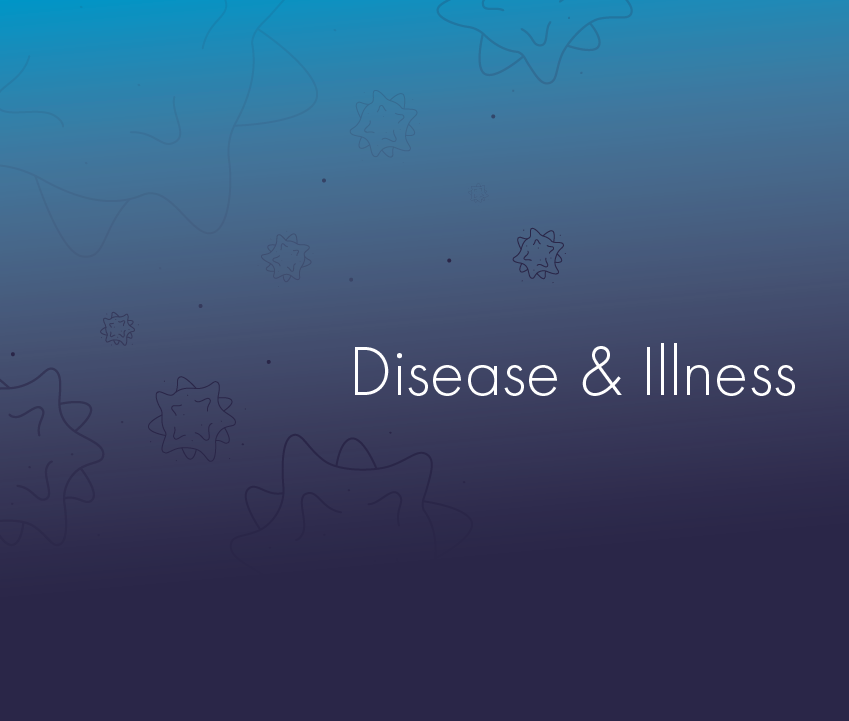Algoma Public Health
Pinworms
English
What is it?
- An infection caused by tiny, white thread-like worms that live in the intestines.
- The worms crawl out of the anus at night and lay their eggs on nearby skin.
- Very common in children.
What are the symptoms?
- Often there are no symptoms.
- There may be itching around the anal area.
- Disturbed sleep and irritability.
- Worms may be seen in the feces or around the anus.
How quickly do symptoms develop?
- 1 to 2 months after ingestion of pinworm eggs.
How is it spread?
- An infected person scratches the anus, gets pinworm eggs on fingers or under fingernails and touches his mouth or another person’s.
- An uninfected person picks up pinworm eggs from an infected person’s clothes, toys, bedding, food or surroundings.
How long is it contagious?
- As long as eggs are being deposited around the anus.
- Eggs remain infective off the host in an indoor environment for about 2 weeks.
- Child may attend school or daycare after first treatment.
How is it diagnosed?
- The best way to see if a child has pinworms is to examine the anus for worms two to three hours after the child is asleep. In addition, your healthcare provider may recommend a tape test which involves placing sticky tape on the skin around the anus. The pinworm eggs are picked up by the tape and are identified under a microscope.
How is it treated?
- With medication, prescribed by a physician.
- Repeat treatment after 2 weeks.
- Check with doctor if whole family should be treated.
- Wash the bedding and underwear of infected persons in hot water and change daily for several days after treatment (avoid shaking the eggs into the air).
- Clean/vacuum sleeping and living areas for several days after treatment.
- Infected people should shower every morning and thoroughly wash the anal area as this removes a large amount of the eggs.
What can you do?
- Watch your child for signs of infection.
- Encourage careful handwashing especially after using the toilet and before preparing food or eating. Have soap readily available.
- Discourage scratching bare anal area and nail biting. Keep nails short.
Whom should I talk to if I have any questions?
You can call Infectious Diseases at Algoma Public Health at 705-942-4646 or your health care provider.
Date of Creation: June 1, 2015
Last Modified: February 5, 2019
French










